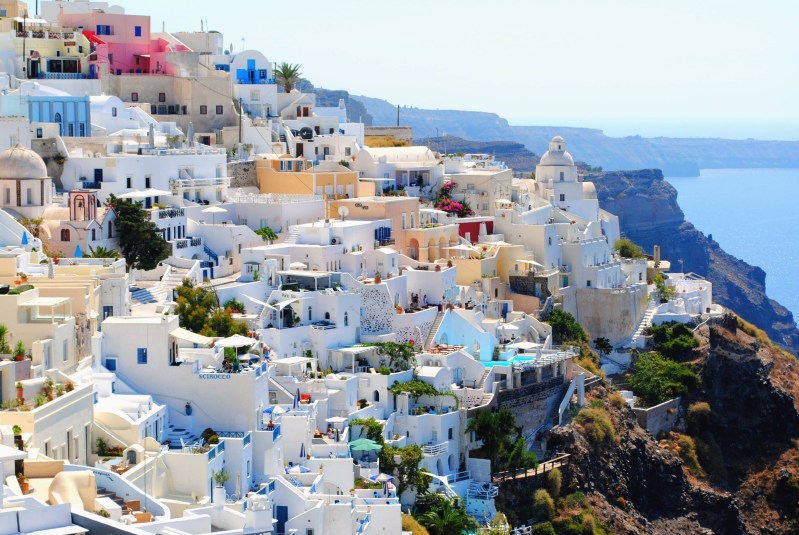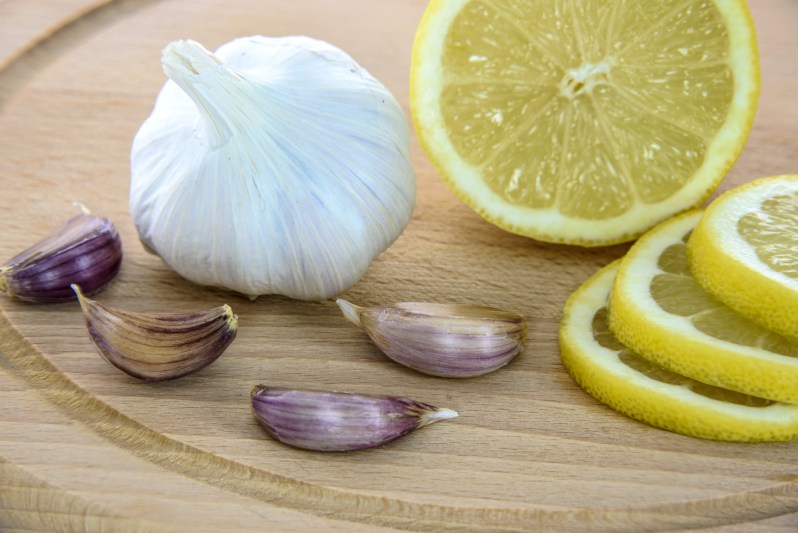
Take a moment to imagine yourself enjoying a delicious, wholesome meal as you are on vacation, soaking up the warm sunshine of the Mediterranean. The Mediterranean diet, renowned for its health benefits, has been capturing the attention of both researchers and food enthusiasts alike.
But did you know that recent findings suggest the Mediterranean diet is good for more than just weight loss? In this article, we’ll explore what the Mediterranean diet is, why it is considered one of the healthiest diets, and how a groundbreaking study reveals its impact on cognitive health.

What is the Mediterranean Diet?
The Mediterranean diet meal plan is a way of eating inspired by the traditional dietary patterns of countries like Greece, Italy, and Spain. At its core, the diet emphasizes consuming an abundance of fresh fruits, vegetables, whole grains, legumes, lean proteins, and healthy fats. It also encourages moderate consumption of red wine and limits the intake of processed foods and added sugars.

Why is the Mediterranean Diet so healthy?
The Mediterranean diet is considered one of the healthiest diets in the world due to several key factors that contribute to overall well-being. Here are some reasons why the Mediterranean diet is celebrated for its health benefits:
Abundance of plant-based foods
The Mediterranean diet places a strong emphasis on consuming a wide variety of plant-based foods, including fruits, vegetables, whole grains, legumes, and nuts. These foods are rich in essential vitamins, minerals, fiber, and antioxidants, which support optimal health.
Healthy fats
Unlike many other diets, the Mediterranean diet embraces healthy fats, primarily derived from olive oil, avocados, and nuts. These fats are monounsaturated and polyunsaturated fats, which are beneficial for heart health and help to reduce LDL cholesterol levels.
Fish and lean proteins
The Mediterranean diet includes moderate consumption of fish (such as salmon, sardines, and mackerel), which are excellent sources of omega-3 fatty acids that contribute to heart health and brain function. Additionally, the diet encourages lean protein sources like poultry, beans, and legumes, which provide essential amino acids for muscle repair and overall health.
Limited red meat and processed foods
Red meat and processed foods are limited in the Mediterranean diet. This helps to reduce the intake of saturated fats, sodium, and additives that can increase the risk of heart disease, obesity, and other health issues.
Alcohol in moderation
Moderate consumption of red wine is a characteristic of the Mediterranean diet. Red wine contains antioxidants, such as resveratrol, which may have cardioprotective effects. There is some debate on whether or not alcohol should be removed from the Mediterranean diet, and research is still ongoing.
Lifestyle factors
The Mediterranean diet is not just about the food; it also emphasizes other lifestyle factors that contribute to overall well-being. Regular physical activity, social engagement, and taking time to enjoy meals with family and friends are all important aspects of the Mediterranean lifestyle.

The study’s findings…
The study found that sticking to the Mediterranean diet can help protect our brains as we get older. Researchers followed older adults for 12 years and discovered that those who followed the diet more closely had a lower risk of cognitive decline. The diet, which includes lots of fruits, vegetables, whole grains, healthy fats, and lean proteins, seems to nourish our brains and keep them functioning well. While more research is needed to fully understand the connection, this study adds to the evidence that the Mediterranean diet is not only good for our bodies but also supports our brain health. So, if you’re looking to keep your mind sharp as you age, give the Mediterranean diet a try.



